In the heart of Seoul, a new culinary phenomenon is taking the city by storm. A high-end Korean "Hanbang" restaurant, where a single meal costs $300, has seen its reservations booked solid until next year. The establishment, which blends traditional Korean medicinal cuisine with modern gastronomy, has become the talk of the town among food enthusiasts and wellness seekers alike.
The concept of Hanbang, or Korean herbal medicine, is deeply rooted in the country’s history. For centuries, Koreans have relied on natural ingredients like ginseng, ginger, and various medicinal herbs to promote health and longevity. This restaurant, however, elevates the ancient practice to an unprecedented level of luxury. Each dish is meticulously crafted to not only delight the palate but also to offer therapeutic benefits, a fusion that has captivated both local elites and international visitors.
What sets this restaurant apart is its uncompromising commitment to quality. The ingredients are sourced from remote mountains and pristine farms, often handpicked by the chefs themselves. The menu changes seasonally, reflecting the principles of balance and harmony central to Hanbang philosophy. Diners might start with a delicate soup infused with rare herbs, followed by a main course featuring premium Hanwoo beef marinated in medicinal extracts, and conclude with a dessert that incorporates honey harvested from bees pollinating specific flowers known for their healing properties.
The exclusivity of the experience adds to its allure. With only a handful of seats available each night, securing a reservation has become a feat in itself. The waiting list stretches for months, and stories abound of desperate foodies offering hefty bribes or calling in favors to snag a table. The restaurant’s management, however, remains steadfast in its policy: no shortcuts, no exceptions. This unwavering stance has only fueled the hype, turning a meal here into a status symbol.
Critics have praised the restaurant for its innovative approach to tradition. While Hanbang cuisine is typically associated with rustic, home-style cooking, this establishment presents it in a form that rivals the finest French or Japanese kaiseki. The presentation is artful, the flavors nuanced, and the overall experience designed to engage all the senses. Some have even dubbed it "the most expensive health food in the world," a label that seems to have done little to deter its growing fanbase.
Behind the scenes, the chefs and herbalists work in perfect sync. Each dish undergoes rigorous testing to ensure it meets both culinary and medicinal standards. The process is labor-intensive, requiring days of preparation for some ingredients. For instance, certain roots must be soaked and boiled multiple times to remove bitterness while preserving their beneficial properties. This level of dedication is rare even in high-end dining, and it’s a key reason why the restaurant has garnered such a devoted following.
The clientele is as diverse as it is affluent. Business tycoons, celebrities, and even a few European royalty members have been spotted at the discreetly located venue. Many come seeking not just a meal, but a transformative experience. The restaurant offers personalized consultations where guests discuss their health concerns with in-house herbalists, who then tailor dishes to address specific needs. It’s this bespoke element that makes the $300 price tag seem almost reasonable to those who can afford it.
Not everyone, of course, is convinced. Skeptics argue that the health benefits are overstated, and that the restaurant is capitalizing on the current wellness trend. Others question whether any meal, no matter how exquisite, can truly be worth such an exorbitant sum. But for now, the demand shows no signs of slowing down. If anything, the endless waiting list and breathless media coverage have only cemented its reputation as the ultimate dining indulgence.
As the restaurant prepares to celebrate its first anniversary, its founders are already contemplating expansion. Rumors suggest that branches in Tokyo and New York are in the works, though details remain scarce. One thing is certain: the world of luxury dining has taken notice. Whether this marks the beginning of a global Hanbang movement or remains a niche fascination, only time will tell. For now, those lucky enough to have a reservation can look forward to what promises to be an unforgettable culinary journey.
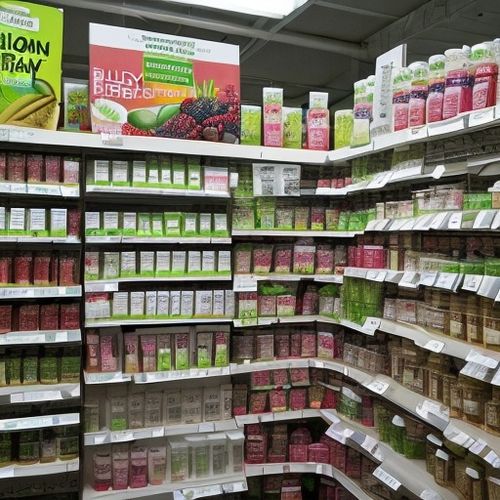
By Elizabeth Taylor/Apr 10, 2025
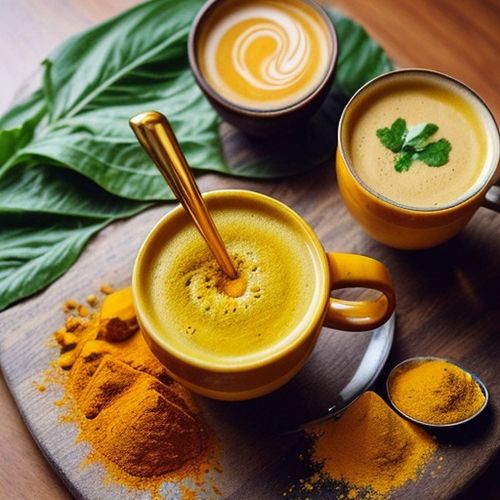
By Laura Wilson/Apr 10, 2025
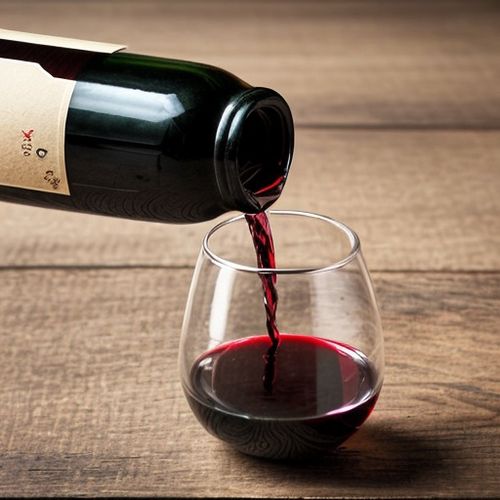
By Natalie Campbell/Apr 10, 2025
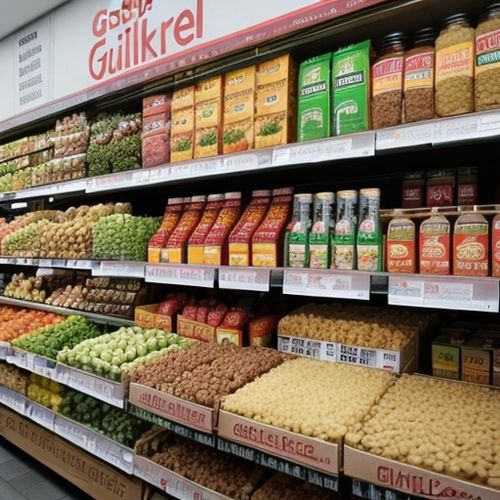
By Daniel Scott/Apr 10, 2025
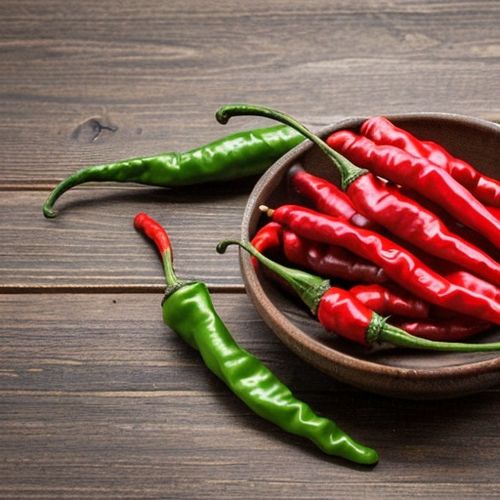
By Sarah Davis/Apr 10, 2025
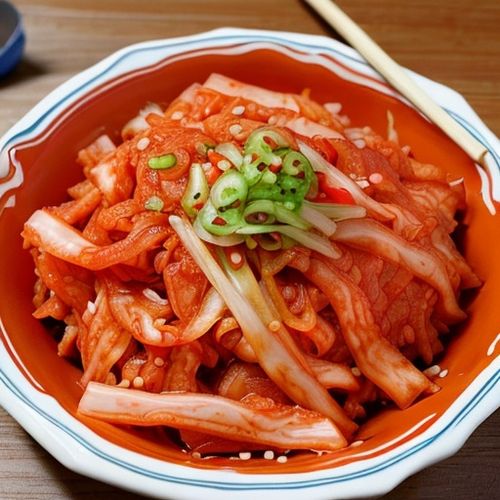
By Michael Brown/Apr 10, 2025
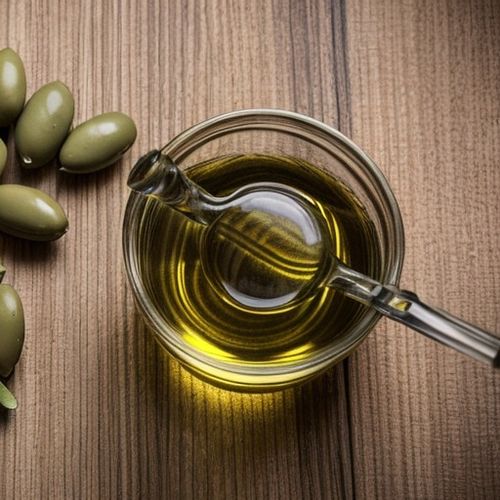
By George Bailey/Apr 10, 2025
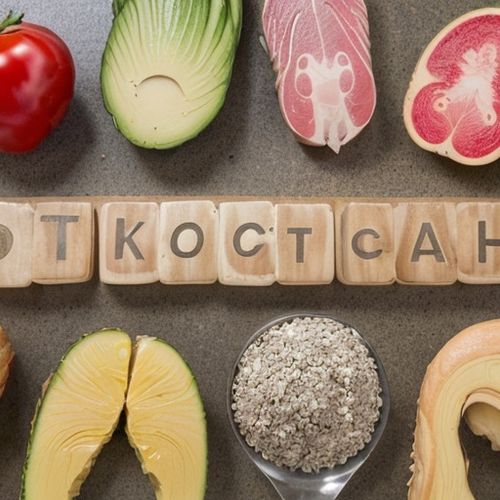
By Thomas Roberts/Apr 10, 2025
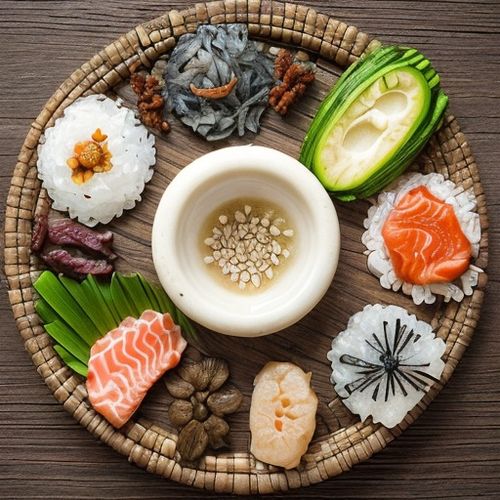
By Sarah Davis/Apr 10, 2025
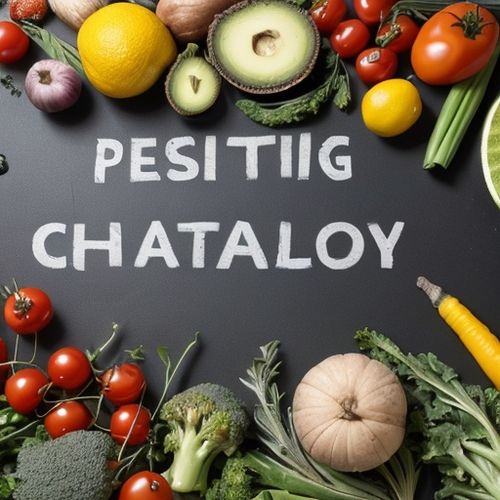
By William Miller/Apr 10, 2025
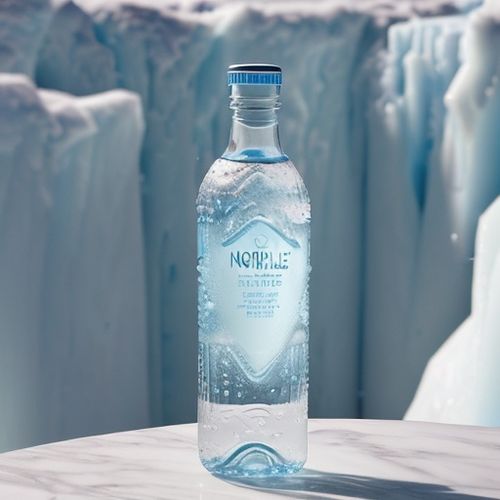
By Natalie Campbell/Apr 10, 2025
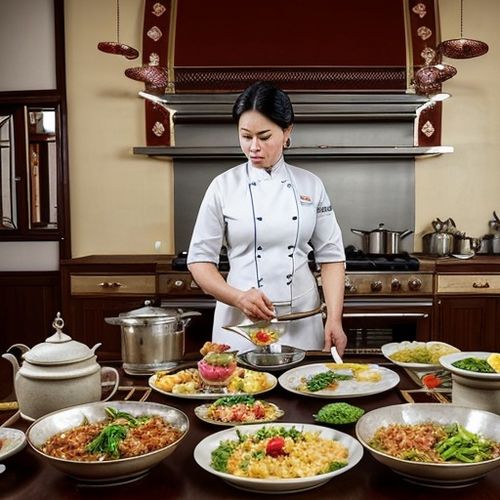
By Ryan Martin/Apr 10, 2025
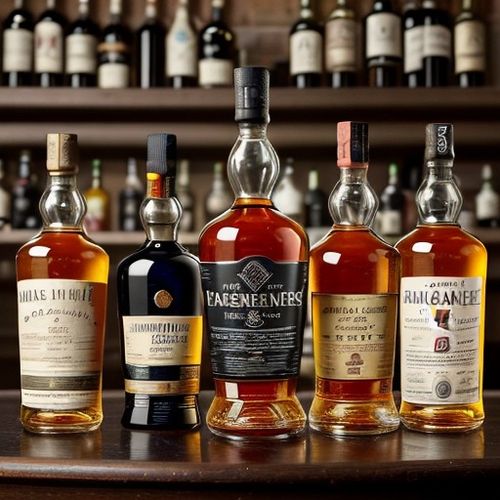
By Benjamin Evans/Apr 10, 2025
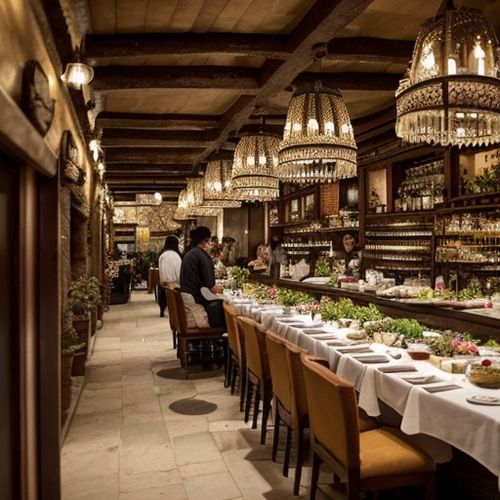
By John Smith/Apr 10, 2025
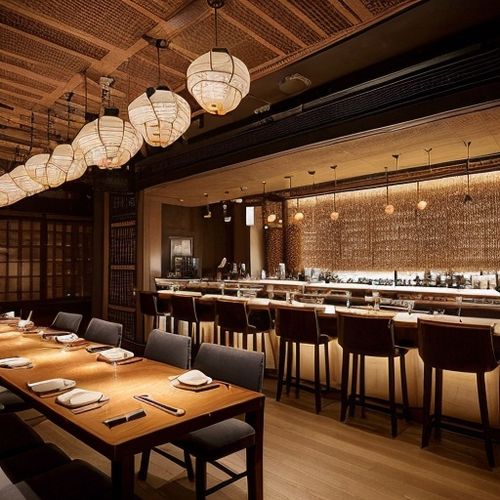
By Grace Cox/Apr 10, 2025
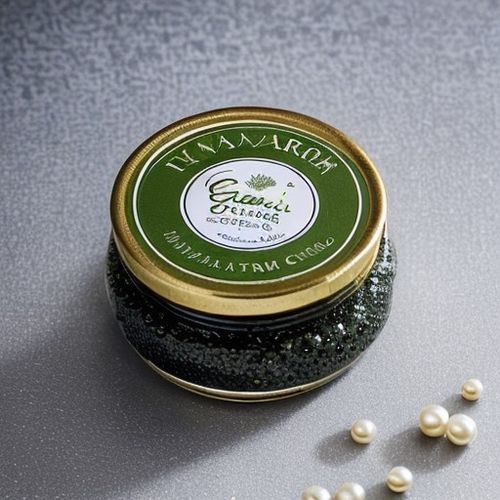
By Victoria Gonzalez/Apr 10, 2025
By Natalie Campbell/Apr 10, 2025